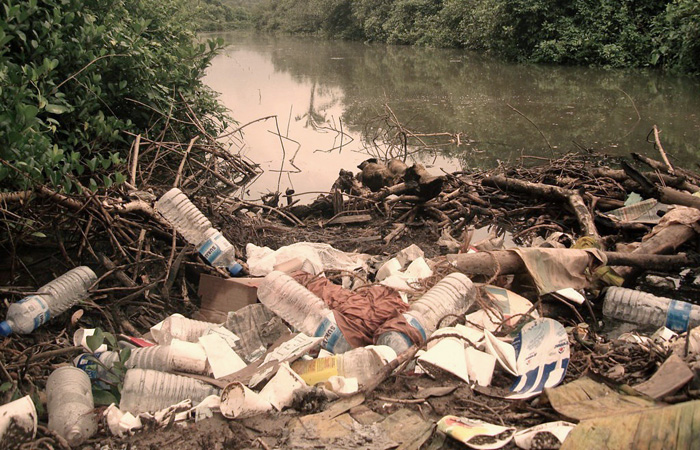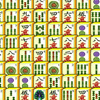Rethinking Lifestyle
Banning Plastic – Are You Ready?

The Federal Government wants to ban single-use plastic by 2021. We’ve all seen the pictures of the plastic waste continually circulating in the oceans or marine animals that have died from eating plastic or become wrapped up in it; we’ve been to beaches and parks and seen plastic items half buried or hung up in trees; on a windy day on recycling collection day our neighbourhoods are unintentionally decorated with plastic. Much of this plastic is single use – plastic cutlery, plastic plates, plastic straws, cotton bud sticks, plastic balloon sticks, food containers and polystyrene cups, plastic bags, and plastic bottles. Our recycling programs are not working. There are limited markets for plastics and only a fraction of plastics used actually reach recycling schemes, which is why the environment is polluted with so much.
July has been declared as ‘Plastic-free’ in environmental circles, and my social media feed is filled with people sharing ideas and frustrations. I’m also hearing a lot of myths and excuses for why we shouldn’t ban plastics.
For example, people in northern communities have poor or nil access to drinking water, so they rely on bottled water for drinking. We don’t know what a ban on single use bottles might look like but I’m guessing it would affect small to medium size bottles, and not large water cooler size. The water crisis in northern communities, which affects indigenous populations hard is a travesty, and something you would expect to see in a third world country. It is a problem that needs to be resolved, not an excuse to keep single use bottled water.
Straws are a sensitive issue. People living with some disabilities need to use straws, and there is some debate over whether they should have to ask for one, and others about whether compostable straws meet their needs. Again, these are real issues that we should not ignore, and they are issues that need a solution, but they do not necessarily mean we have to keep plastic straws. Maybe there’s some innovator out there coming up with a new design of cup that doesn’t need a straw, and doesn’t have a non-recyclable lid. Meanwhile, the consumer options are improving – I have a neat telescopic stainless straw and telescopic cleaning brush in a case that I carry with my reusable cutlery set and reusable shopping bag in my purse.
And then I’ve heard arguments against cotton shopping bags because of the environmental costs of their production, meaning that you have to use a bag thousands of times to negate the environmental production costs. These lifecycle analyses depend on the factors being examined, but when you compare a cotton bag lost in the environment and a plastic bag – the plastic bag will last forever even if it breaks down into smaller pieces, whereas the cotton bag will break down to its organic parts within a year or two. You don’t see turtles wound up in cotton bags, but you do see them twisted up in plastic. And when it comes to grocery shopping there are various materials. I have a couple of synthetic bags that fold up into their pouches that I have been using for almost ten years, and they look good for many more. I have friends who have made their own totes from old pairs of jeans, or other clothing.
There is some work to do to address food containers. I see food outlets moving towards cardboard or compostable materials. It is great to see them moving from plastic, but what is the consumer going to do with the container. If it looks like plastic as some cellulose packaging does, it will likely go into the recycling box, contaminating the load, contributing to problems at the sorting end. If it’s compostable, where can it be composted? We don’t all compost at home for various practical reasons, but what happens when we are eating out? We will expect a bin available in the food mall or our workplace to dispose of the compostable container, and for it to go to a scheme somewhere that will result in it being composted. There is a need to be very clear what the packaging is, and how it can be disposed of, and governments are going to need to step up and support and encourage collection and composting schemes.




